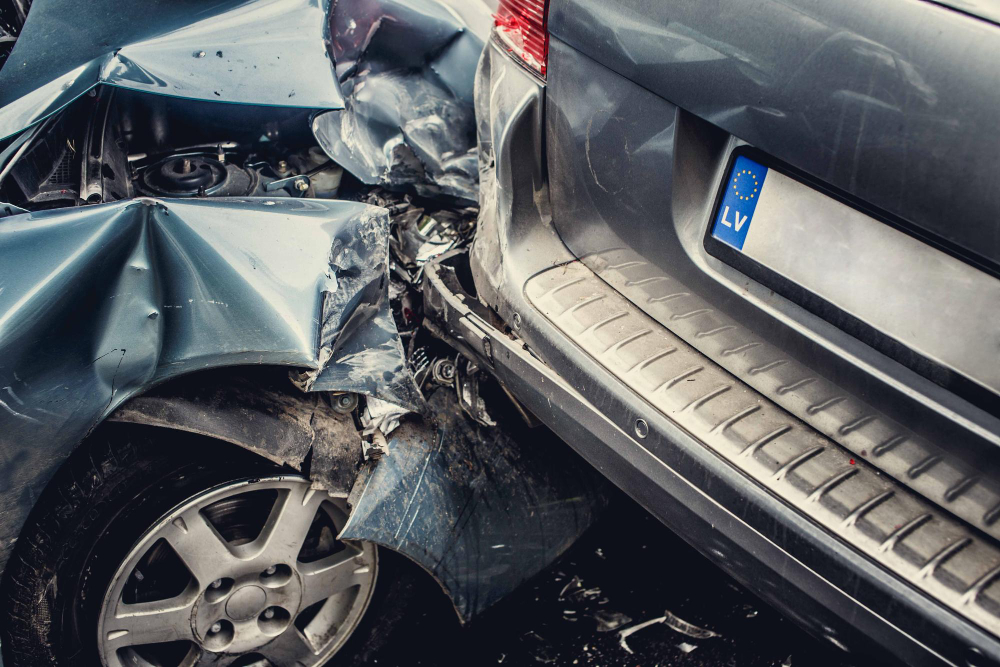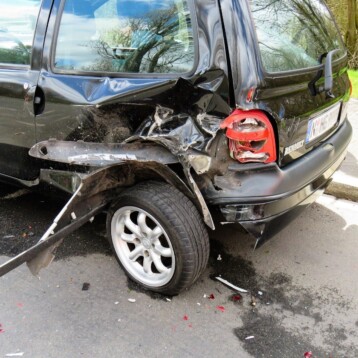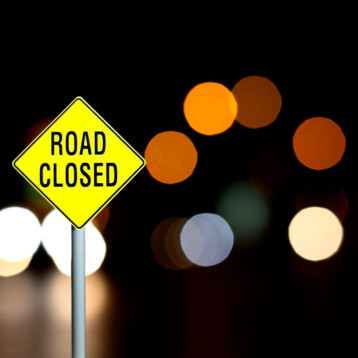Car accidents, minor or severe, can turn one’s life upside down in the blink of an eye. One minute, you are eager to go home and rest after a hard day’s work. Next, you are facing injuries, insurance claims, potential lost wages, and vehicle repairs, among other things.

Undoubtedly, nothing can make this period easier to go through, but a few things can come close. One of those things is to know your rights and responsibilities when an accident occurs in Florida. Speaking to car accident attorney Mitchell Feldman of Feldman Legal Group ASAP is also a good idea. Florida law allows you to pursue compensation from the at-fault driver, provided you can prove their liability.
How to Determine Liability
One of the things you will do to claim compensation for damages is to determine who is at fault for the accident. You can determine fault and liability using evidence such as police reports, physical evidence, and eyewitness accounts. Meanwhile, the legal system will consider contributing factors such as road conditions, weather, and mechanical failures to determine liability.
Meanwhile, if one driver carries the most responsibility, perhaps running a red light or speeding, they are at fault. Their insurers will join you in investigating the incident to assign proportional percentages if more than one driver was at fault.
How Soon After the Accident Should You File a Report?
You must file an accident report as soon as possible after the accident, but after getting medical treatment. In Florida, the law mandates that one report any auto accident that caused injury, death, or property damage. You will report this to the police and your insurance company immediately after the accident—or as soon as possible.
To file the report accurately, you need to submit all relevant details on how the accident happened. It will also include factors such as road conditions and weather you may have observed. The police will most likely come to the accident scene; therefore, cooperate fully with their investigation within your rights.
Your Rights and Options for Compensation
You have certain legal rights and options after suffering a personal injury in Florida. Understanding these will make the case smoother and ensure you get the right amount of compensation. If insurance is dribbling you or being coy, you may want to consult a Florida-based auto accident attorney.
An attorney can deal with the insurers directly and even take them to court if the worst happens. Meanwhile, if you sustain injuries, you may be able to sue the at-fault driver for damages more than their policy covers. Furthermore, if law enforcement officers cite you wrongly after the accident, an attorney can help.
Know Your Claim’s Worth
The claim process can be daunting for someone without experience in personal injury cases. For example, insurers may want to take advantage of you, lowballing you into accepting a settlement far below what you deserve. Ensure you do not allow that; instead, politely but firmly insist on a bigger and fairer settlement covering your damages.
Meanwhile, if you do not know the true worth of your claim, a lawyer can help you review it. With competent legal counsel, you can hold the negligent driver accountable for their actions while making informed decisions in your case.
Conclusion
Following these guidelines won’t necessarily make the legal process stress-free, but they will help you avoid unnecessary setbacks, frustration, and confusion. If you want to maximize your compensation for injuries, vehicle damage, and other losses, taking the right steps immediately after a truck accident is crucial.
First, report the accident to the authorities as soon as possible. A police report serves as an official record and can be valuable evidence when filing your claim. Next, contact your insurance provider to begin the claims process and ensure compliance with any policy requirements.
Seek medical attention, even if you don’t feel seriously injured. Some injuries, such as whiplash or internal trauma, may not show symptoms right away. Prompt medical evaluation not only protects your health but also provides documented proof of injury, which is essential for your claim.










